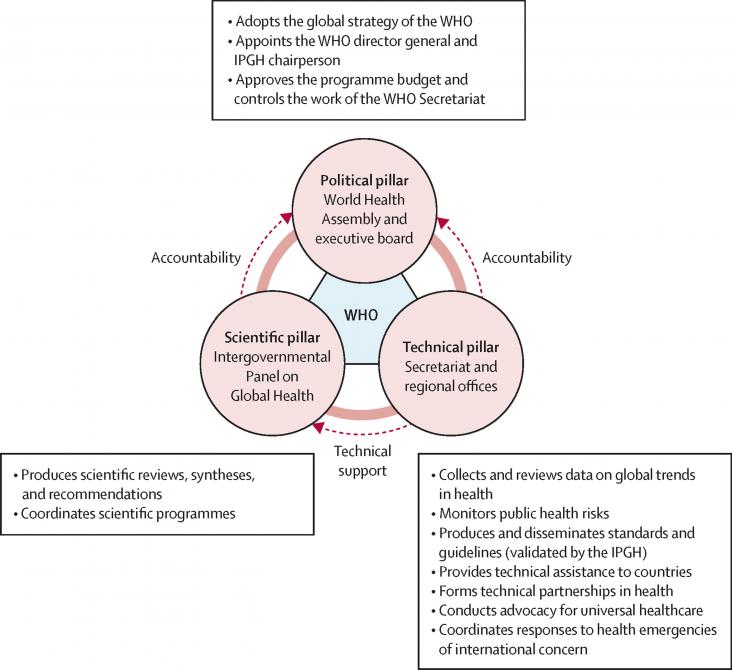
The International Day for the Elimination of Racial Discrimination is celebrated every year on March 21st. Elsevier has selected and curated a number of journal articles and book chapters in a dedicated Special issue to highlight this important theme. These articles are freely available to read and share. #fightracism #Standup4humanrights

This Comment article supports SDG 3, 13, and 17 by advocating the creation of a new model of multilateral governance on the basis of the experience gained in two other areas of global public goods governance—climate change and biodiversity.

A Personal View on the determinants of planetary health from the perspective of Indigenous peoples, in the context of SDGs 15 and 17, focusing specifically on identifying determinants that are integral to the health and sustainability of the planet.

Research4Life has been providing free and low-cost access to scientific research in the developing world for 20 years. Read this insightful story about the history of Research4Life, and its new strategy for the future with the aim to help researchers in the developing world fully participate in the global research community. This relates to SDG 4, 10 & 17.
The role of science in influencing climate policy.
This chapter advances the UN SDG goals 3 and 17 discusses the links of Amyloid β(Aβ) to AD.
Elsevier,
Autophagy Dysfunction in Alzheimer's Disease and Dementia, First Edition, 2022, pp 263-290
This chapter advances the UN SDG goals 3 and 17 by reviewing recent drug discoveries and autophagy regulation which is essential for the treatment of AD.
This chapter advances the UN SDG goals 3 and 17 by brings together medical and computational domains to discuss the use of deep learning (DL) and machine learning (ML) in the early detection of AD.

In order to address the impacts of climate change, this manuscript presents a strategy developed to create a central resource, database and web-based platform to integrate data and information on the drivers and the changes within Guyana coastal and marine environment.
This chapter advances SDGs by explaining how the economist takes part in bridging the gap between science and policy.
